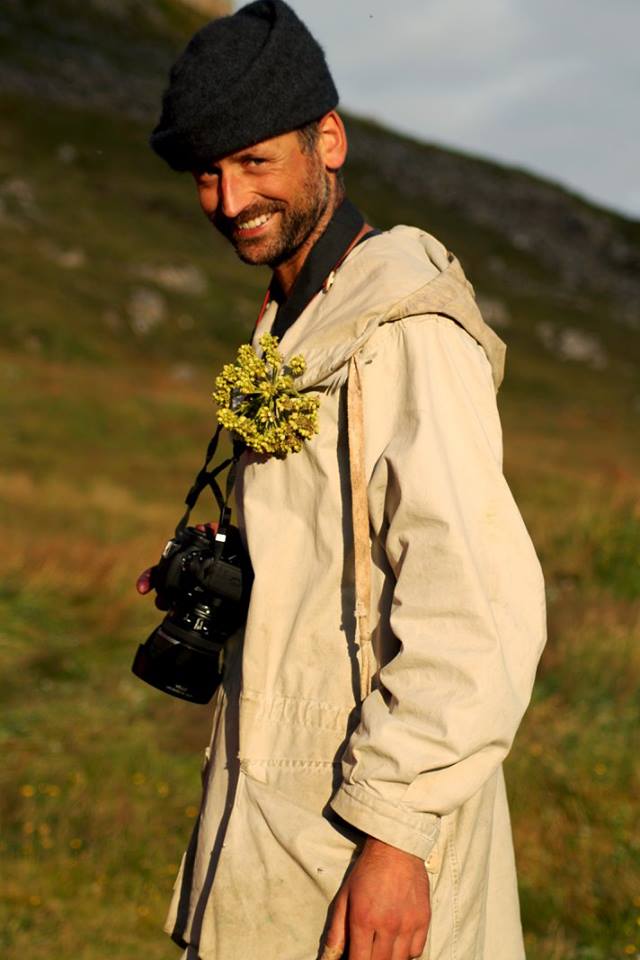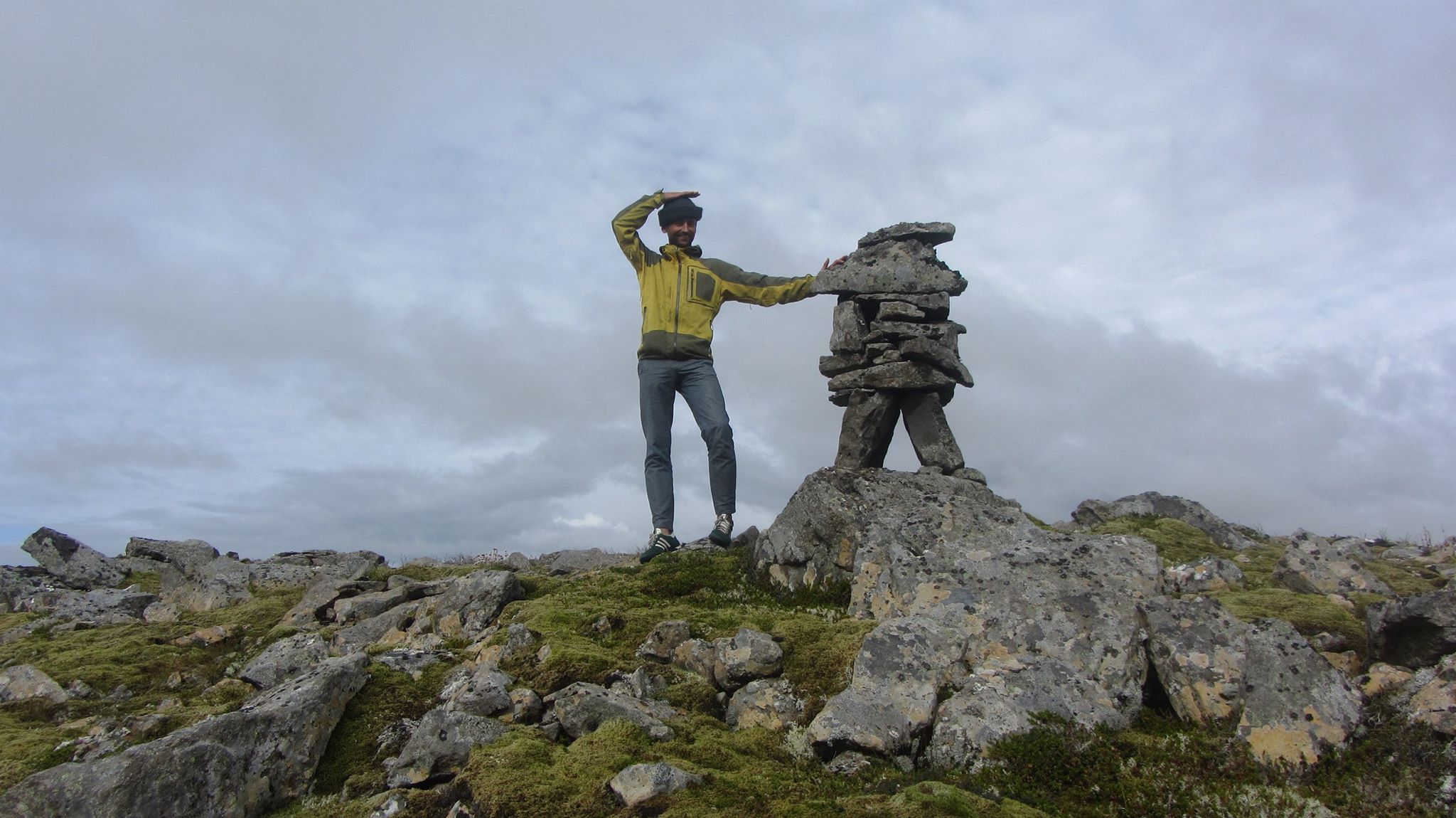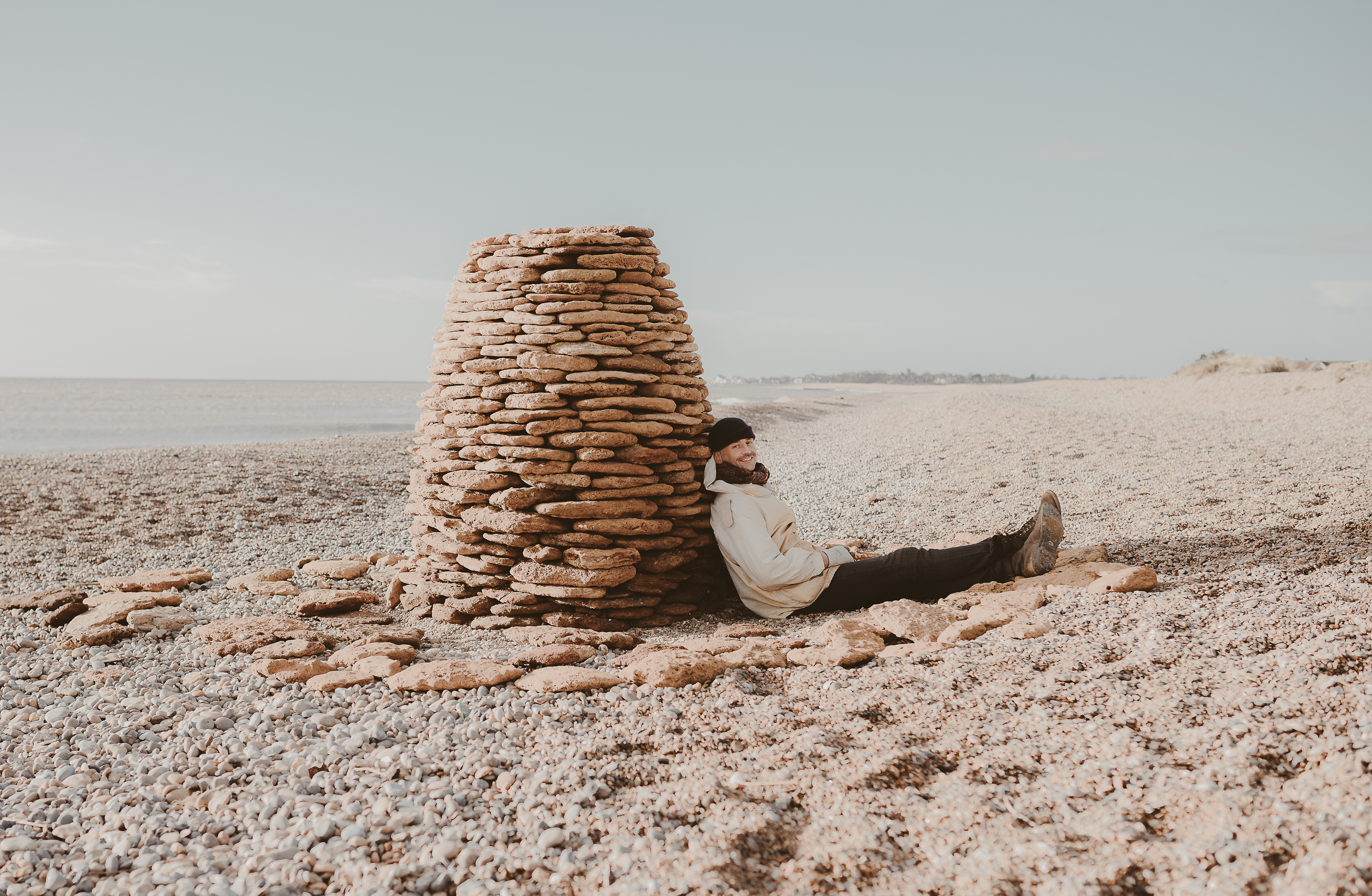We are looking back on some of our BSc graduates who have excelled in scientific research, ecology and conservation around the world since studying with us.
Today we meet Henry who graduated from BSc Biology and Wildlife Conservation in 2005 and is now a Self Employed wilderness facilitator and author at Wayfinding.Guide and Environmental Educator for Ocean Ambassadors.

Hi Henry, it’s been over a decade since you studied with us, why don’t you tell us a bit about your career in that time that led you to where you are now?
Following my graduation from the University of Exeter, I worked on farms in the UK as a shepherd. I then trained and worked as a winter wilderness guide in Finland and Sweden. In a broad sense, I’ve then moved more towards the healing arts, identifying creative ways to heal humanity’s relationship to the earth. The skillsets and containers I’ve used to deliver on this objective include: storytelling, foraging, creative writing, group facilitation, ecopsychology and adventure conservation.
What attracted you to study your BSc at the University of Exeter, Penryn Campus?
I was part of the very first cohort to study in Penryn, moving for my final year only. The opportunity to be part of something new in a location that was wilder and more aligned with my interest in conservation (than the University itself) was a no-brainer.
What did you enjoy most about studying in Penryn?
The location is second to none; I loved being able to surf and explore Cornwall in my time off. Teaching standards were fantastic throughout the course and I remember vividly the content I was taught, from evolutionary biology to watching birds on the Hayle estuary. The staff were a delight—their combined experience and professionalism was very inspiring. The amenities, wow, what a campus with access to the marine environment on the doorstep. I liked the combination of Penryn campus being a place for scientists and artists to mix. Indeed, I’ve followed that line of learning and work ever-since. Being able to cross-pollinate with different courses using the campus, even if informally, was very valuable.

Why did you choose a career in adventure and the outdoors? Is there anything in particular you most enjoy about it?
It chose me! In that I’m guided by personal-process and a felt-sense of the world. I follow my creative longings while being in-service to ecology and environmental aesthetics. I enjoy most the combination I manage to strike between science, art and facilitated nature-based experience.
Do you have any advice for those looking to pursue something similar?
To make the most of your studies, know why you’re there! And when there, use the opportunity to gently start developing your network—for better or worse, a good network enables later success no end!
We are glad you have had such great opportunities, how do you think the BSc helped to prepare you for your career?
My experiences at the university provided me with a solid foundation in ecological principles which I’ve integrated into the work I do as a wilderness guide/facilitator. I also studied a Masters in Integrated Coastal Zone Management at the University Centre of the Westfjords which naturally developed a line of learning started at Exeter. Developing a marine curriculum for Ocean Ambassadors was also, in part, made possible having studied at Exeter.

Finally, do you have any plans for the future?
I am currently completing a four-part guide to the Westfjords region of Iceland, with a focus on the area’s historic herding and walking routes, it’s marine and terrestrial ecology and the facilitation practices I’ve employed while guiding groups of artists and conservation volunteers. Following completion, I plan to work more within the arts, using performative storytelling, sculpture and digital media as mediums.
Thank you Henry!
If you want to read more profiles from BSc graduates follow this link or explore our Graduate in Focus homepage to learn more about the degree programmes we have on offer!

